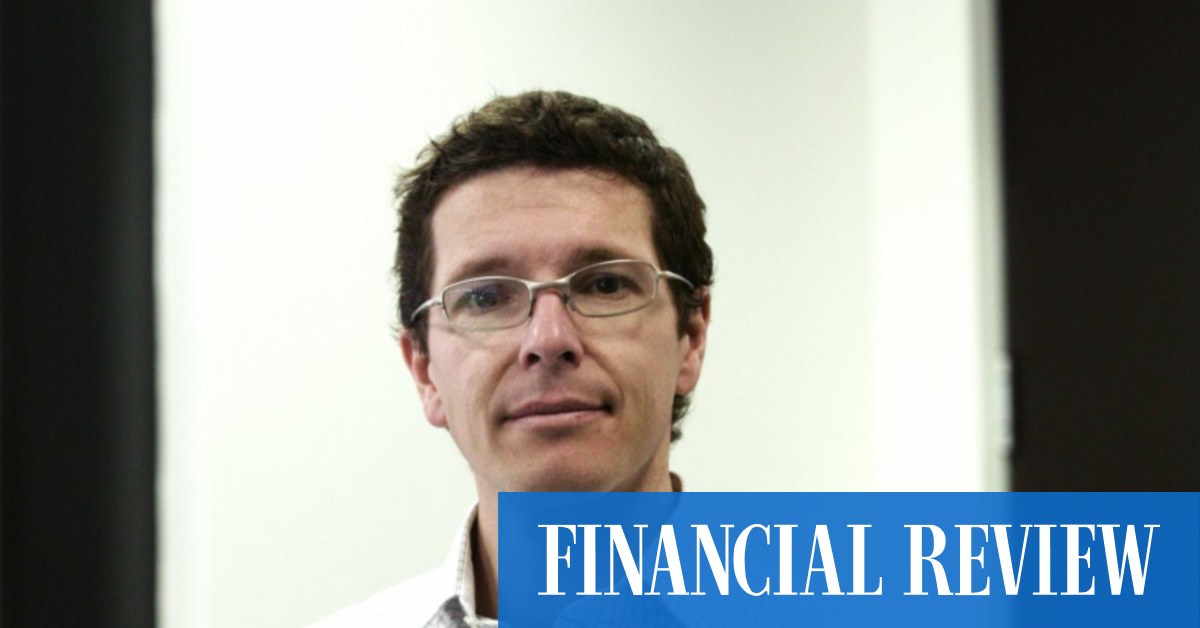Montgomery said he would remain the executive chair of the business, as well as the chief investment officer of the private fund.
Australian Eagle would keep its North Sydney offices for now, but would go into Montgomery’s Castlereagh Street offices on non-work-from-home-days.
Both funds were put on watch by rating houses Zenith Investment Partners and Lonsec, as they prepped for out-of-cycle reviews to weigh the manager changes.
Poor returns, high fees
The 10-year-old Montgomery Fund has posted 7.32 per cent annualized over the nine years to July 31 after fees, which was 0.67 percentage points a year lower than S&P/ASX 300 Accumulation Index over the period.
It’s ahead of the benchmark on a since-inception basis at 143.69 per cent cumulative return, versus 140 per cent from the index.
The private fund, which was and will be co-managed by Montgomery, fared worse. It has posted 133.29 per cent since it launched in December 2012, which was 13.4 per cent lower than the ASX 200 Industrials Accumulation Index.

Australian Eagle Asset Management’s Sean Sequeira. Tamara Voninsky
Its performance has worsened in the past year, with the fund returning -12.95 per cent when the benchmark did 3.48 per cent.
Montgomery pointed out the two funds’ returns were better than the benchmark on a three-year annualized basis.
“The MIM team have improved their performance over the last few years, but not many managers can match the track record of Sean and Alan and the team at Australian Eagle,” he said in response to the funds’ under-benchmark returns.
The new manager, Australian Eagle Asset Management, has been around since 2004/2005 and currently manages about $250 million. Its long-only strategy has beaten the index by 4.1 per cent since inception and by 3.82 per cent on a one-year basis, according to the firm. (It also runs a long/short strategy).
Montgomery Investment Management only works with smaller-ticket investors and has stayed away from managing money for institutional funds.
It was called out for its high fees and high cash allocation by Lonsec in 2020. Montgomery said it hadn’t changed its fees since then, and there was no immediate plan for them to change under the Australian Eagle deal.
Over the last three years, the firm has increasingly looked to external fund managers to expand its business, instead of building internal investment capabilities. It’s now in global equities (via distributing Polen Capital’s strategies down under), Australian small caps (via a joint venture with Gary Rollo and Dominic Rose) and credit (via a distribution agreement with Aura Funds Management).
“We’d be flattered to be thought of in those circles,” Montgomery said, when asked if his business had transitioned from an investment firm to a funds distribution business like Pinnacle, Fidante or GSFM.
“Difference is those operators would have multiple managers in similar strategies,” he said adding his firm was much more focused.
